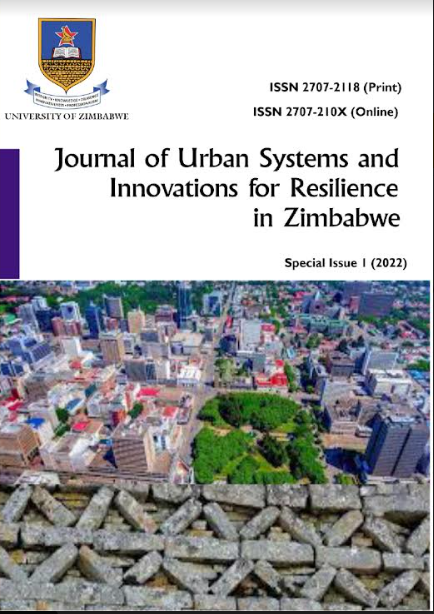Developing Pro-Poor Land Policy for Zimbabwe: The Role of Peri-urban Land Governance
Keywords:
Land policy, pro-poor, governance, peri-urban, control, ZimbabweAbstract
In 2007 UN-HABITAT published pro-poor land policy development guidelines. The guidelines dwell on managing the political, technical, and participation aspects of the land policy development process at the expense of fundamental governance issues. This article explores the role that wise peri-urban land governance can play in enabling access to land by the poor. It interrogates the rules, processes, and structures through which decisions are made concerning access, use, and control of land, how the decisions are implemented and enforced, and the way that competing interests in land are managed in peri-urban areas of Zimbabwe. The research methodology relies on documentary analysis of central and local government policy and regulatory frameworks, and procedures for urban land governance; and is complemented by interviews with public officials and councillors. Study findings reveal incoherent and uncoordinated jurisdictional authorities for state land within peri-urban areas. It offers suggestions for rationalising control of land within these areas and governance mechanisms for enhancing access to land by the poor and other vulnerable groups.




